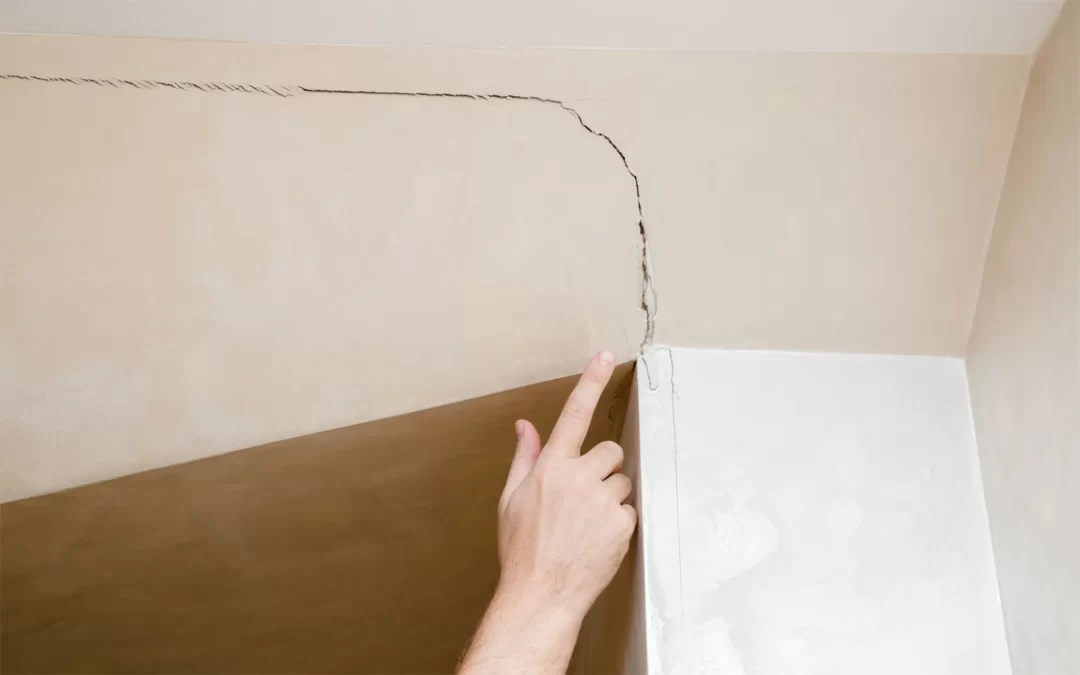On 6 February 2023, Senior Member G K Burton SC (SM Burton) delivered the decision of Denmeade v Travers [2023] NSWCATCD 3.
The applicant, Melanie Denmeade (Owner), sought a money order against the respondent, Philip Travers (Builder), pursuant to the Home Building Act 1989 (NSW) (HBA) and the Home Building Regulation 2014 (NSW) (HBR) for defective and incomplete works.
SM Burton held that while a work order is preferred under section 48MA of the HBA, it is not the mandatory outcome for defective work. A justifiable breakdown in the relationship between the Owner and Builder, as well as the Owner’s loss of confidence in the Builder, constituted valid grounds for the issuance of a money order.
Background
On 15 December 2020, the Owner entered into a written contract with the Builder to carry out renovations to a house in Sutherland, New South Wales. The price in the written contract was $96,448.82.
On 4 February 2021, construction commenced with a completion period of 10 to 12 weeks, in addition to 2 to 3 weeks allocated for two variations. Practical completion was notified by the HBCF insurer on 26 August 2021 as having been reported to occur and the defects liability period under the contract to begin on 5 July 2021.
During and after the defects liability period, the Owner complained to the Builder of numerous defects and incomplete work. The defects included leaks, incorrect installation of sliding doors, and incorrect installation of screen brackets. The incomplete work included sealing of windows, installation of window and door screens, installation of back step, final plumbing inspection and provision of certificates of practical completion and for plumbing, waterproofing and glazing.
The Owner persistently endeavoured to communicate with the Builder, offering opportunities to address the identified defects and incomplete work. Although the Builder sporadically visited the site and performed a limited number of remedial actions, the Owner frequently experienced extended periods, lasting several weeks, without any correspondence from the Builder.
In February 2022, the Owner complained to Fair Trading, who issued a rectification order on 24 February 2022.
On 21 May 2022, the Owner commenced proceedings in the NSW Civil and Administrative Tribunal, seeking a money order in the amount of $34,600 (exc. GST). The money order was based on a quote to rectify the defects and incomplete work.
The Owner opposed the issuance of a work order, asserting that the Builder had already been granted multiple opportunities, including seven to eight attempts to repair the shower screens and four attempts to address the plaster works. The Builder had not recognised the flawed installation of the sliding door nor the incomplete back step. Furthermore, despite repeated requests, the Builder had failed to provide a certificate of practical completion or certifications for waterproofing, glazing, or plumbing. The Owner had lost all confidence in the Builder, who had induced intolerable stress and anxiety. As a result, the project, which should have been finalised by early May 2021, remained defective and incomplete.
The Builder offered several explanations for the encountered delays, emphasising the challenges of integrating new construction into an existing house, complications related to site access, and the postponement of roofing work due to the COVID-19 pandemic and the Christmas shutdown period. Additionally, the Builder expressed disagreement with the quotation provided by the remedial builder.
Judgment
SM Burton accepted the Owner’s evidence and detailed quotation for the scope and cost of remedial work.
SM Burton noted that under section 48MA of the HBA, a work order is preferred, not the mandatory outcome for defective work. Personal animosity alone is insufficient to override the precedence of a work order for defective work, as the evaluation is based on objective criteria, and section 48O of the HBA allows for an order directing a builder to engage another party to execute the work order on said builder’s behalf.
Nevertheless, the deterioration of the relationship between the parties is a factor in the objective appraisal, as is the builder’s conduct in unrelated projects. Moreover, concerns about the builder’s qualifications (including licensing) or expertise to undertake the necessary remediation, the builder’s attitude toward the quality of the work completed, their willingness to address the issues, and the probability of ongoing disputes, may indicate that a work order would not be a timely or cost-effective resolution.
SM Burton held that the evidence substantiates an objective deterioration of the relationship between the parties, stemming from the Owner’s loss of confidence in the Builder for the reasons provided. In the current circumstances, a work order would most likely result in a subsequent application for a money order. Consequently, SM Burton issued a money order in the amount sought by the Owner.
The contents of this publication are for reference purposes only. This publication does not constitute legal advice and should not be relied upon as legal advice. Specific legal advice should always be sought separately before taking any action based on this publication.
Liability limited by a scheme approved under Professional Standards Legislation.
Author: Maysaa Parrino & Stephanie Abdennour


